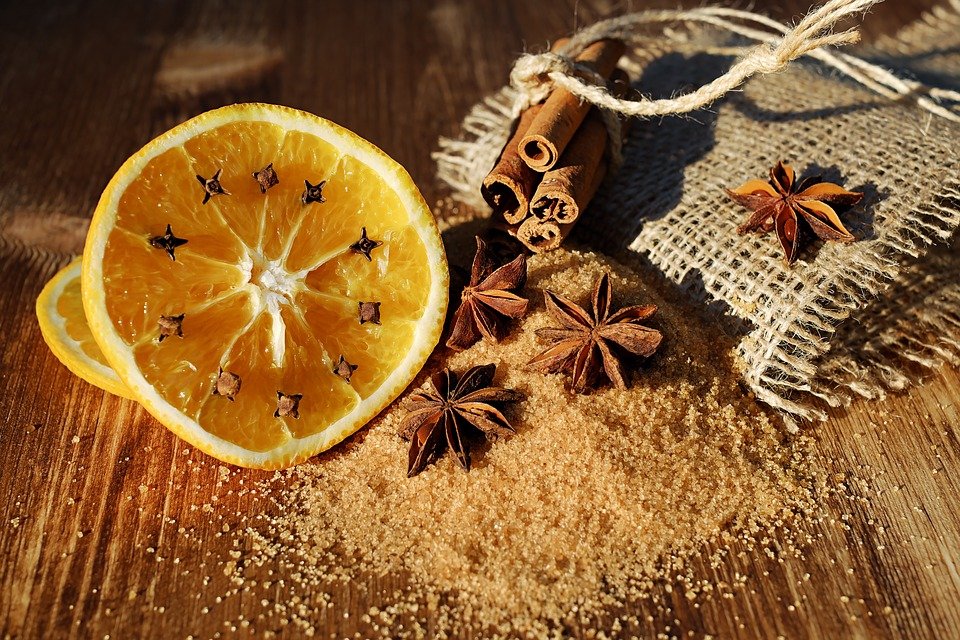
Epigenetics show how outside factors influence the way genes behave, and researchers show one of the most powerful factors is food.
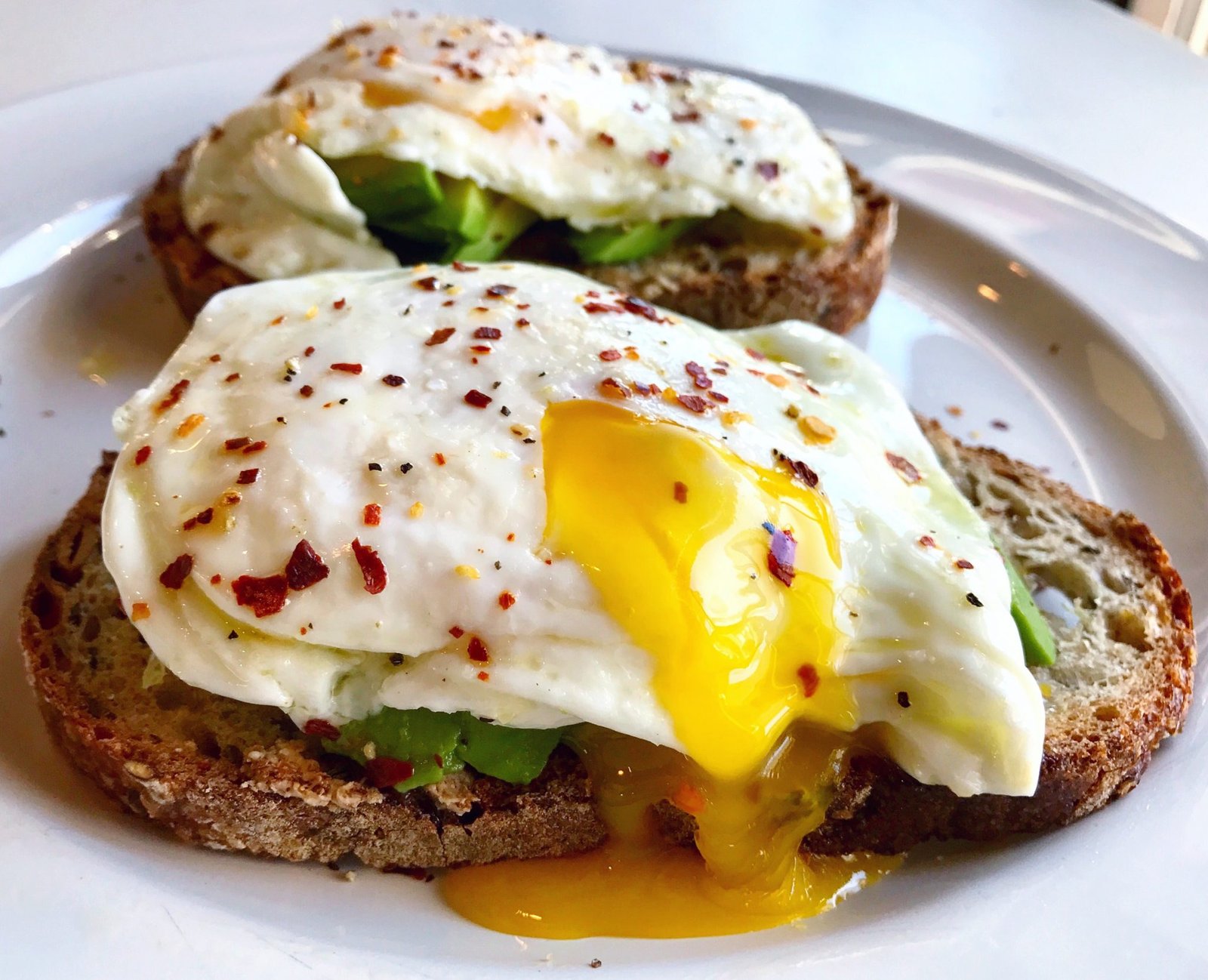
Dietary changes can help your immune system fight off infection. Your mitochondria burn body fat. The cells in your skin and joints produce the collagen that keeps your complexion clear and your joints pain-free. Per Dr. Cate, here are 7 nutritional strategies you can exploit to boost the signal between your genes and Mother Nature:
Equate REAL flavor with nutrition
Doritos and other snack foods have lots of flavor that are, in part, why they’re so addictive. But artificial flavors and empty calories are like prank calls to your body’s cells. The intense taste of junk food, which human beings naturally seek out, is accompanied by almost zero nutrition.
The intense flavors of a perfectly grilled steak, in contrast, come from the fact that it’s a good source of all 11 essential amino acids your body needs to build muscle, minerals like iron, phosphorus, zinc, and selenium, multiple B vitamins and when from a pasture-raised animal bone-building vitamin K2 and brain-building essential omega-3 fats. The more real flavor you can get with each bite, the better every cell in your body will function.

Reduce your sugar intake by half
A lot of athletes balk at the idea of skipping the candy bar or the high-sugar soda because they grew up thinking of food as fuel. And what better fuel than what your cells run on sugar! The problem is, our cells are not, in reality, engineered to use sugar as a preferential fuel source.
They’re meant to run, primarily, on fat. When you eat too much refined sugar as well as sugar from natural fruit juices you’re essentially telling your cells to double-down on specializing in the creation of sugar-burning enzymes that make your cells addicted to sugar. High blood sugar levels also disrupt hormonal balance. This means that sugar creates nothing but static in the conversation between your genes and the planet.

Dump the vegetable oil
The single ingredient that makes junk-food junk is vegetable oil, the most commonly used of which are soy, canola, and palm. These seed oils (called RBD, or Refined, Bleached and Deodorized oils) are loaded with toxic breakdown products of the once healthy essential omega-3 and omega-6 fats and deliver compounds like reactive carbonyls, and even alkylating agents to your cells.
The biochemical messages delivered are like mumbled words your body can’t quite understand. Mangled molecules confuse the body the way trans fats do, misdirecting cellular enzymes and directly damaging DNA. If you haven’t already made the conscious choice to avoid these highly processed, toxic fats and replace them with traditional fats (like avocado, olive, and coconut), you’re likely taking in a full third of your daily caloric intake in the form of these nasty seed oils.
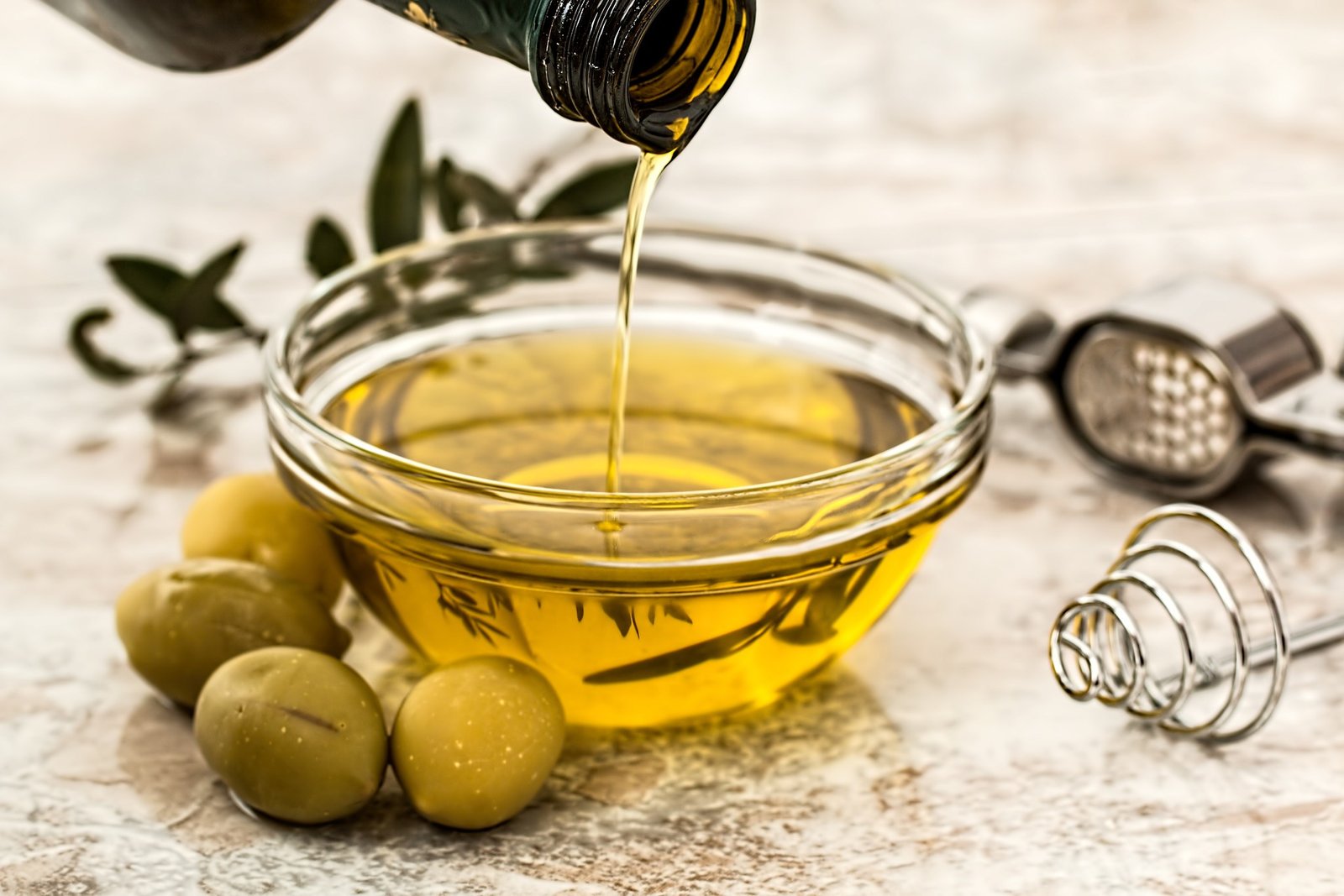
Eat homemade bone stock
Kobe Bryant of the LA Lakers was one of the first athletes Dr. Cate worked with to get fully on board with the benefits of bone stock. Since then, stock’s stock has gone way up, with stock restaurants popping up everywhere from LA to Chicago to Manhattan. In the same way that real food protein sources help to build and maintain healthy muscle, bone stock helps build the tissues that connect your muscle to your bone.
Sure, you can take a glucosamine/ chondroitin pill, but it doesn’t convey all the biochemical information in stock. Plus, homemade chicken stock, using the bones you save from cooked chicken, take only two hours to make and taste amazing!
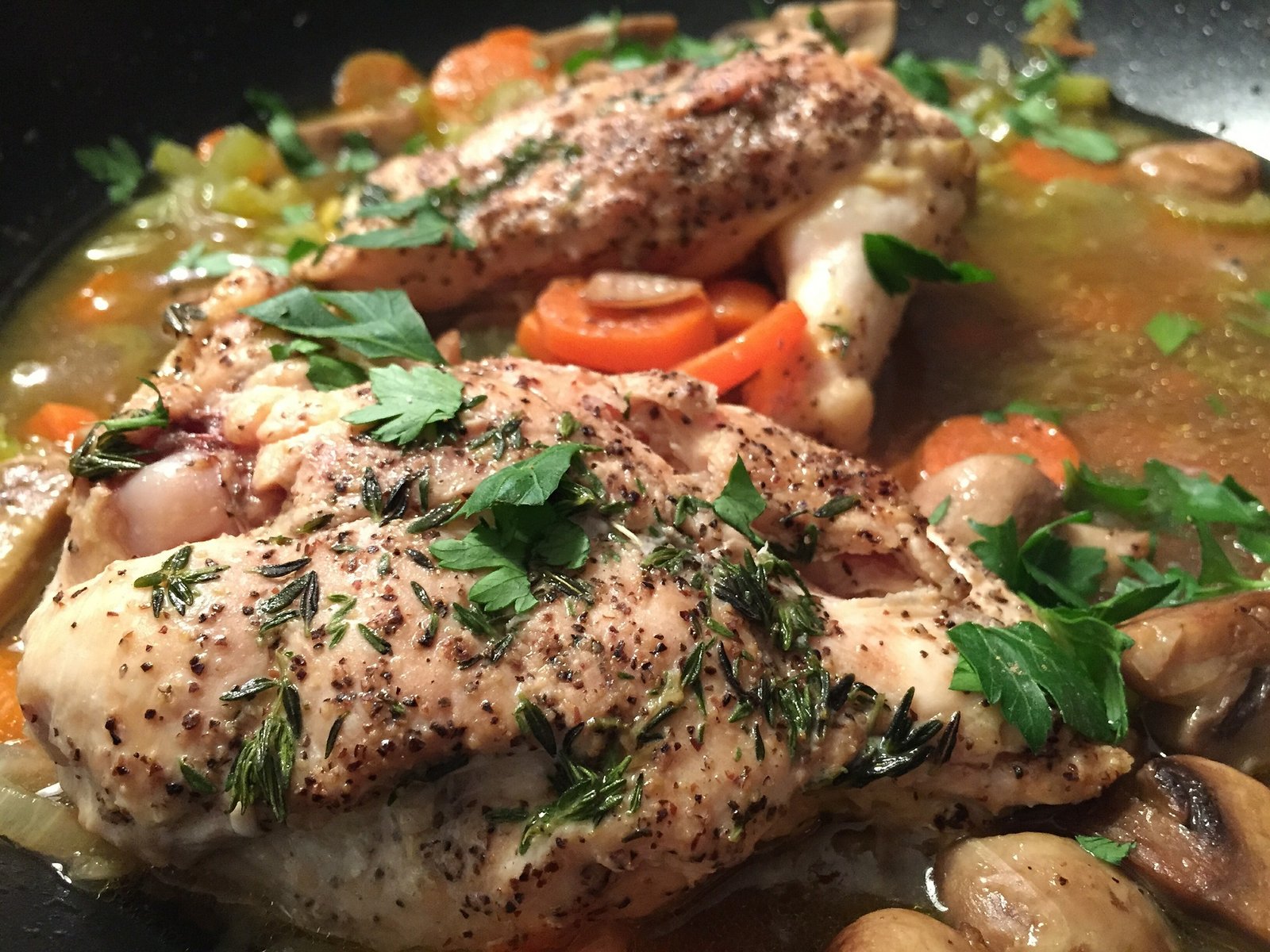
Eat lots of fresh, raw foods, especially vegetables
Most of the vegetables most people have access to are bred for their ability to survive shipping and storage rather than for flavor, grown in sterile soil, and picked unripe, the tomatoes in the store taste nothing like the tomatoes grandma used to grow in her garden. So if you are lucky enough to enjoy access to fresh, flavorful veggies, take full advantage and make a big salad a regular, if not daily event.

Eat fermented and sprouted foods
Fermented foods include foods like yogurt and traditionally brined dill pickles. These are special because of the good bacteria they convey to our gut, which support a healthy microbiome. Sprouted foods are partially germinated, not full on sprouts, and provide pre-biotics (or food) for our microbiome.
You can make your own fermented foods, or you can buy them in health food stores and big box stores alike. You’ll find them in the refrigerated section, and real fermented veggies, like cucumber pickles, sauerkraut, and kimchee, won’t list vinegar as an ingredient. Sprouting allows beans and seeds to convert the empty starch stored inside them into vitamins, fiber, and other nutrients. It also means that, for beans, they take less time to cook.
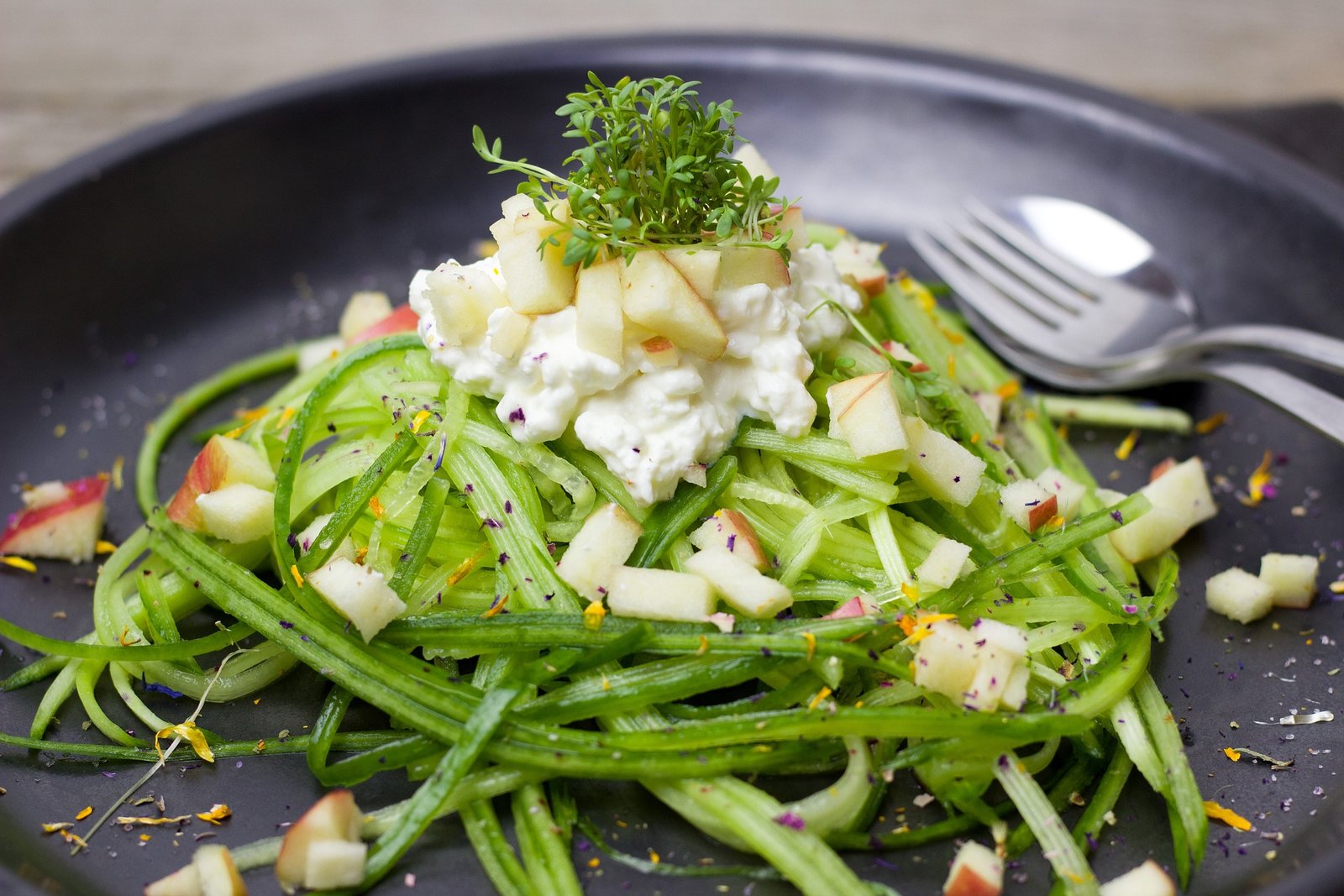
Get nasty! …with organ meats (which Anthony Bourdain calls “The Nasty Bits”)
If you’ve heard the phrase “eat a rainbow of vegetables,” it’s because each different color vegetable packs a different blend of nutrients. The same goes for organ meats. Each have their own special blend of essential vitamins and minerals that you won’t get if you only eat the muscle meat.
The fact is, every traditional diet around the globe embraces these superfoods as part of daily fare. Whether it’s in the form of head cheese or pate or good old-fashioned liver and onions. The fanciest restaurants in the US often specialize in making these nasty bits taste divine. If that’s not in your budget, then simply visit an old-school deli or the local supermarket.
If the first thought you have about organ meats is “Yuck” you’re not alone. It’s not always a taste that wins you over with the first bite. But a schmear of pate or liverwurst with a little-fermented horseradish sauce can, surprisingly, grow on you. The point is to expand your culinary experience. You and your genes can take full advantage of everything mother nature has to offer.
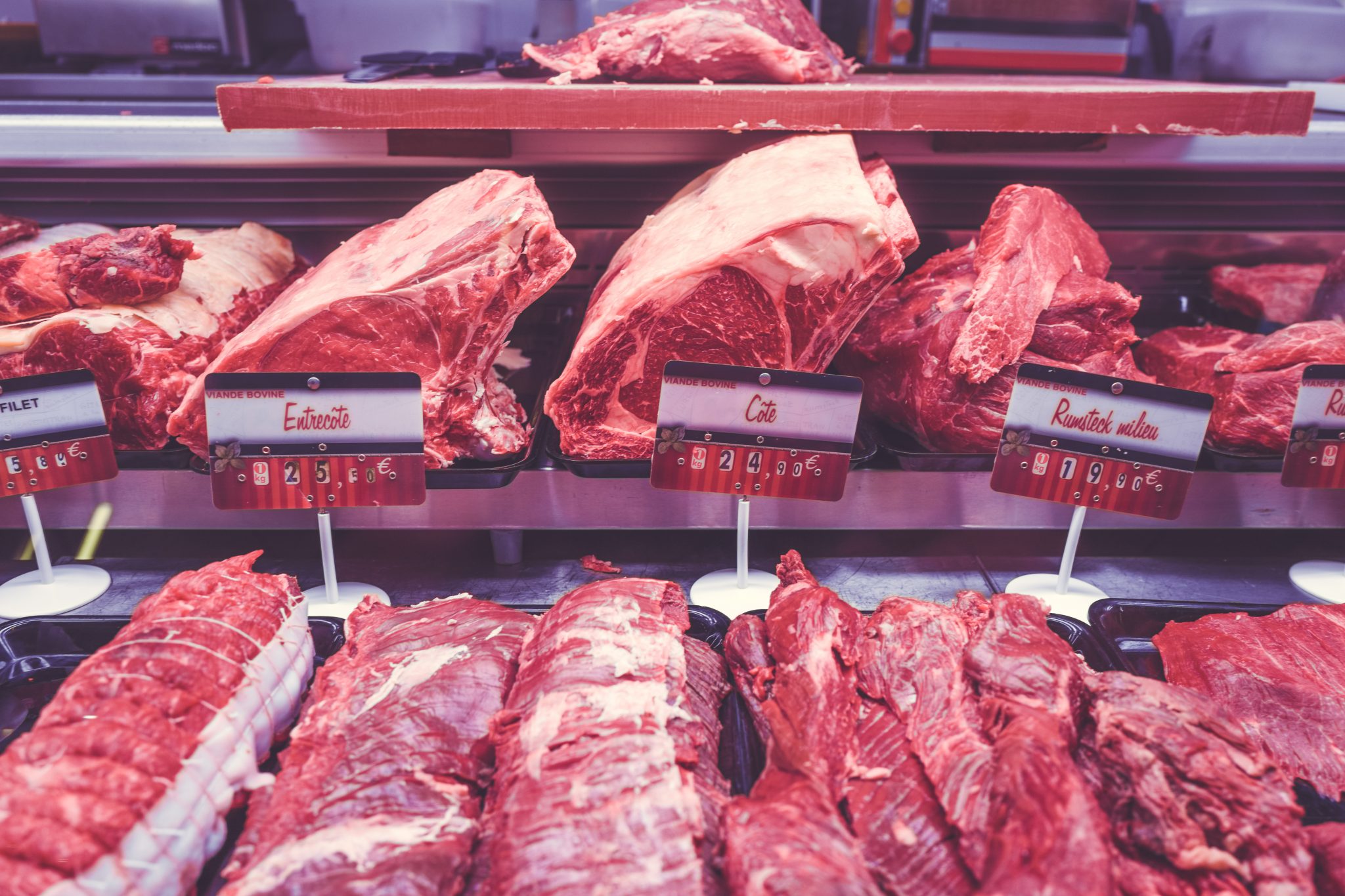
Adopting these strategies helps you to reconnect with your third parent, Mother Earth. And don’t worry, even if it’s been a long time since you last communicated, she’ll offer you her epigenetic wisdom with no guilt trip attached!
In DEEP NUTRITION: WHY YOUR GENES NEED TRADITIONAL FOOD (Flatiron Books; Jan. 2017), Lakers Diet Doc Cate Shanahan, MD analyzes the common denominators all traditional cultures share that enable them to provide their genes with the epigenetic wisdom they need to function at their very best.
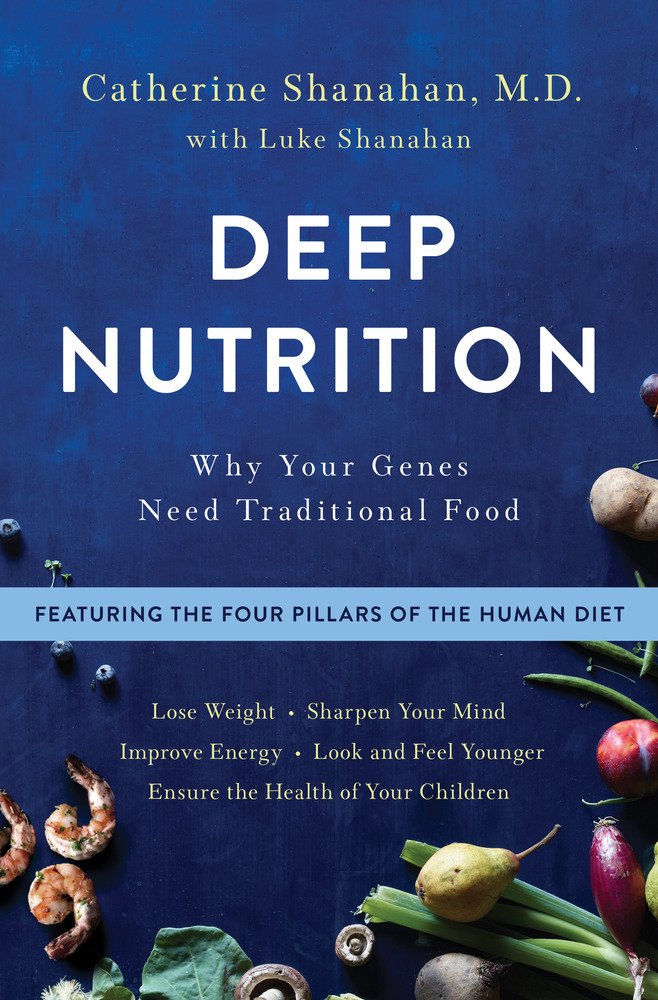
Catherine Shanahan, M.D. is a board certified family physician. Trained in biochemistry and genetics at Cornell University she then attended Robert Wood Johnson Medical School. She practiced medicine in Hawaii for a decade, studying ethnobotany and culinary habits of her healthiest patients. She currently runs a metabolic health clinic in Denver, Colorado. In addition, she serves as the Director of the Los Angeles Lakers PRO Nutrition Program.
Follow her journey!





